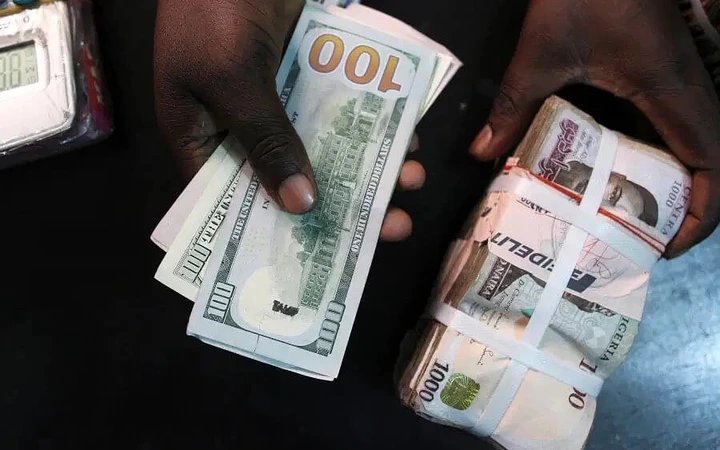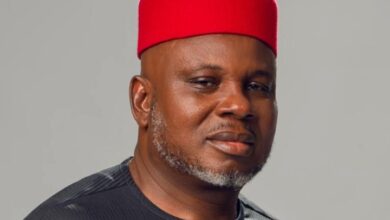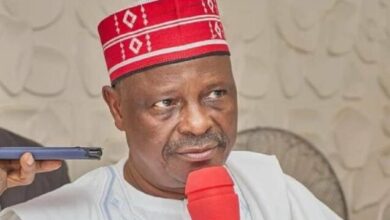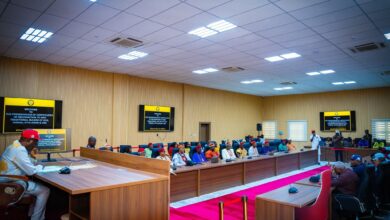Naira fights back: CBN policies spark rare market calm

(DDM) – Nigeria’s foreign exchange market is witnessing a rare moment of stability as the naira holds firm against the dollar.
Diaspora Digital Media (DDM) gathered that after months of wild swings and relentless depreciation, the local currency has steadied.
At the Nigerian Autonomous Foreign Exchange (NAFEX) window, the naira traded between ₦1,480 and ₦1,520 per dollar over the past two weeks.
This stability contrasts sharply with earlier volatility that rattled businesses and drained investor confidence in the first half of 2025.
On the parallel market, the gap between official and street rates has narrowed, restoring calm and easing pressure on importers.
Economists credit the Central Bank of Nigeria (CBN) for enforcing tight monetary policies to curb speculative demand.
The apex bank raised its monetary policy rate to 28 percent, discouraging dollar hoarding by making naira assets more attractive.
It also tightened bank oversight and resumed targeted dollar sales, moves that reduced panic buying and round-tripping.
“These measures are clearly paying off,” said Adewale Omotosho, a Lagos treasury expert.
He explained that reduced liquidity and stricter rules have forced discipline into the market.
The federal government’s efforts to curb oil theft and boost output have also supported the naira’s rebound.
With crude production averaging 1.6 million barrels per day and oil prices firming, reserves now stand near $36.5 billion.
Foreign portfolio investors, once wary of Nigeria’s turbulence, are slowly returning to the bond market.
In August alone, over $1.2 billion in new offshore funds entered government securities.
“There’s a growing sense that the naira has found a floor,” said economist Chika Okoye.
Diaspora remittances have also risen, up 8 percent year-on-year in the second quarter.
CBN reforms allowing recipients to access dollars directly have boosted inflows and eased FX shortages.
Foreign direct investment is tentatively reviving as energy and infrastructure projects resume.
Multinationals remain cautious, but early signals show long-term capital is considering Nigeria again.
On the demand side, import appetite is cooling.
High exchange rates have forced businesses to cut back on luxury goods and shift to local inputs.
Manufacturers are sourcing more raw materials domestically, reducing pressure on scarce foreign reserves.
Consumers are adjusting too, cutting foreign travel, medical trips, and education abroad due to skyrocketing costs.
Travel agencies report outbound bookings down by 15 percent compared to last year.
This reduced demand has been mirrored by banks tightening dollar loan approvals and letters of credit.
Despite optimism, analysts warn that naira stability is fragile.
Nigeria remains vulnerable to oil shocks, global dollar strength, and political pressure to relax policies.
Moyo Adeniran, a Lagos-based economist, stressed that without diversification, gains could quickly unravel.
Manufacturers already complain that high interest rates are suffocating investment and jobs.
Still, with the Dangote refinery ramping up output and harvest season easing food imports, demand pressures may soften further.
Some analysts believe the naira could edge towards ₦1,400 per dollar by year-end if reforms hold.
For everyday Nigerians, the reprieve means slower price increases and a glimpse of relief after months of hardship.
Yet experts caution: without deep reforms in exports, infrastructure, and security, the calm could prove short-lived.
Post Views: 4





